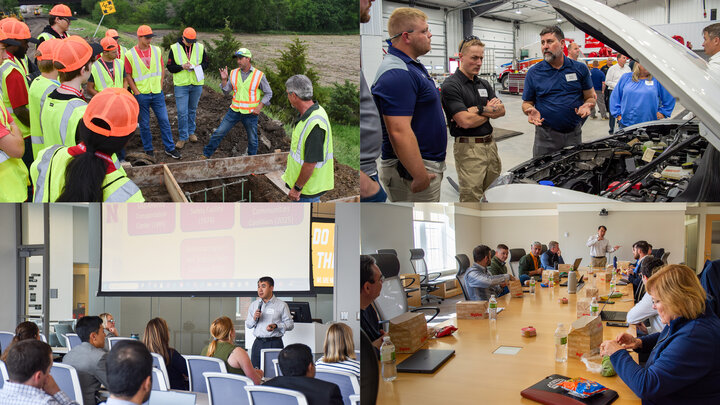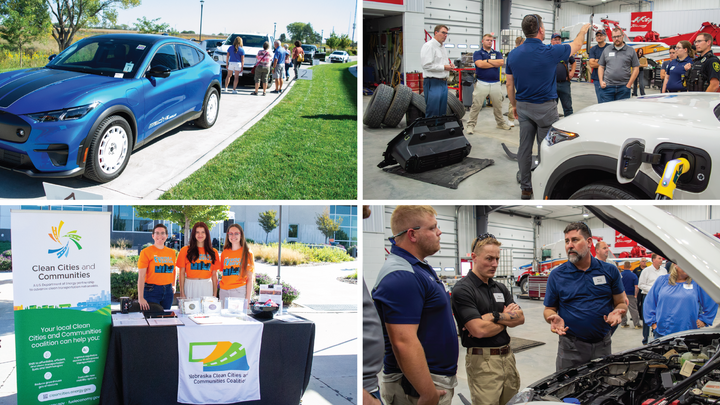Civil engineering professor and MATC Director Dr. Laurence Rilett co-authored an ASCE published article on the impact of COVID-19 has had on the transportation industry. Dr. Rilett and Dr. Chris Hendrickson, Professor of Engineering at Carnegie Mellon University, aim to discern some lessons for the transportation engineering profession by evaluating its relationship with the coronavirus pandemic and how it can help with future disruptions.
The article expresses the role transportation played in spreading the virus. As the quickly spreading COVID-19 was asymptomatic for many carriers, people traveled during the early stages of the pandemic without any knowledge they were transferring the virus worldwide through air, roadway, and rail transportation. Conversely, the virus also had a significant impact on transportation, as stay-at-home orders were put in place and people practiced social distancing to avoid contact, daily travel significantly decreased.
In turn, the decline in travel affected the economy of the travel industry. Positive effects of less travel included improvement in air quality and the decline of petroleum use. In all, the pandemic has show n how much transportation is connected to the economy, environment, and overall health of the population.
The pandemic brought a new spectrum of research to the transportation field. “Unlike natural disasters and wars, the pandemic did not affect the physical infrastructure of transportation. Rather, it directly affected the human aspect of the transportation system.” Instead of focusing on researching new designs to mitigate the impact of earthquakes, floods, and hurricanes, COVID-19 brought attention to the very beings that makes transportation necessary.
The article poses a series of questions for future research in transportation that can only be answered as the world continues to react to the virus. The COVID-19 pandemic has not only brought to light the impact and importance of the transportation industry but has also changed the industry in the way it is used and researched.
The article currently has over 7,200 downloads worldwide, and is available at https://ascelibrary.org/doi/pdf/10.1061/JTEPBS.0000418.




